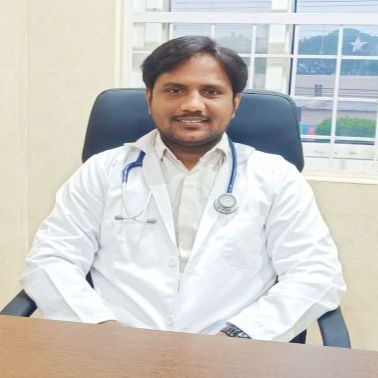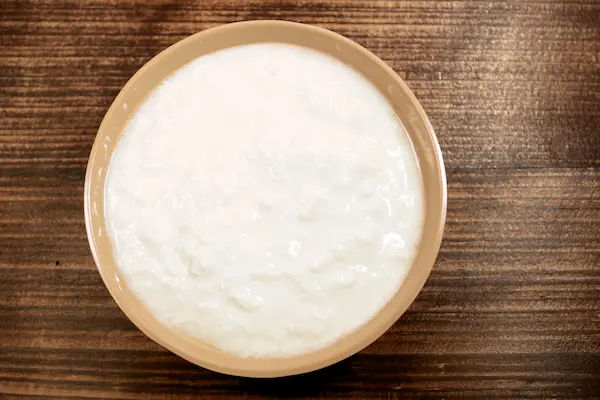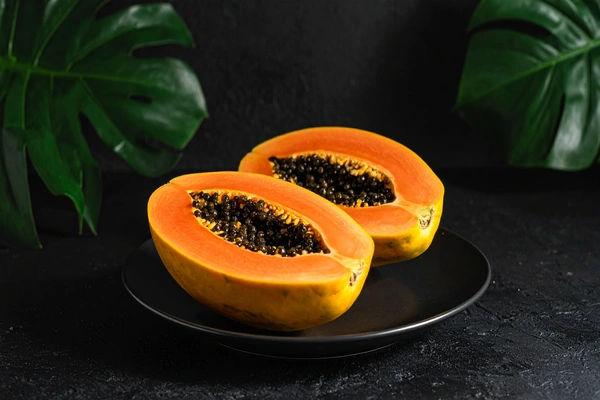Ways to Increase Your Pulse Rate
know about the ways to increase your pulse rate, what is a normal pulse rate and natural ways to increase the pulse rate.

Written by Dr. J T Hema Pratima
Reviewed by Dr. Shaik Abdul Kalam MD (Physician)
Last updated on 13th Jan, 2026

Introduction
Your pulse rate, also known as your heart rate, is the number of times your heart beats per minute. A healthy pulse rate varies depending on age, fitness level, and overall health. While a low pulse rate (bradycardia) can sometimes be normal, especially in athletes, it may also indicate an underlying health issue. If you feel fatigued, dizzy, or short of breath due to a slow heart rate, you may need to take steps to raise it safely.
In this article, we’ll explore natural and effective ways to increase your pulse rate while keeping your heart healthy.
Understanding Your Pulse Rate
What Is a Normal Pulse Rate?
The normal pulse rate varies with age; it includes:
Adults (18+ years): 60–100 beats per minute (bpm)
Athletes or very active individuals: 40–60 bpm (due to better cardiovascular efficiency)
Children (6–15 years): 70–100 bpm
Infants (0–12 months): 100–160 bpm
A pulse rate below 60 bpm (without being an athlete) may require attention, especially if accompanied by symptoms like:
Fatigue
Dizziness
Fainting
Shortness of breath
Chest pain
If you experience these symptoms, consult a doctor to rule out conditions like hypothyroidism, electrolyte imbalances, or heart disease.
Consult a Top heart specialist for the best advice
Natural Ways to Increase Your Pulse Rate
The following are the natural ways to increase your pulse rate:
1. Stay Hydrated
Dehydration can lower blood volume, making your heart work harder to pump blood, sometimes slowing your pulse.
Tip: Drink at least 8–10 glasses of water daily.
Hydration boosters: Coconut water, herbal teas, and electrolyte-rich drinks.
2. Engage in Physical Activity
Exercise naturally increases your heart rate. If your pulse is too low, try:
Brisk walking (20–30 minutes daily)
Jogging or running
Cycling or swimming
Jumping jacks or skipping rope
Start slow if you’re new to exercise and gradually increase intensity.
3. Consume Caffeine in Moderation
Caffeine stimulates the nervous system, temporarily raising your pulse rate.
Sources: Coffee, tea, dark chocolate.
Caution: Avoid excessive intake if you have anxiety or heart conditions.
4. Eat Small, Frequent Meals
Large meals can divert blood flow to digestion, sometimes lowering heart rate. Instead:
Eat 5–6 small meals a day.
Include protein (eggs, lean meat, nuts) and complex carbs (oats, whole grains).
5. Try Deep Breathing Exercises
Slow breathing can lower the heart rate, while rapid breathing can increase it.
Technique: Inhale deeply and exhale quickly for 30 seconds.
Alternative: Try paced breathing (inhale for 4 sec, exhale for 2 sec).
6. Manage Stress & Anxiety
Chronic stress can sometimes lower the heart rate due to vagus nerve overactivity.
Stress-relief techniques: Yoga, meditation, listening to music.
Avoid excessive relaxation techniques if you already have a low pulse.
7. Check Your Thyroid Levels
Hypothyroidism (underactive thyroid) can slow your pulse.
Symptoms: Weight gain, fatigue, cold intolerance.
Solution: Get a thyroid test if needed.
8. Limit Alcohol & Sedatives
Alcohol and certain medications (like beta-blockers) can lower the heart rate.
Consult your doctor before stopping any prescribed medication.
9. Use Warm Compresses
Cold temperatures can slow circulation, while warmth helps increase blood flow.
Tip: Take a warm bath or place a heating pad on your chest (briefly).
10. Consider Electrolyte Balance
Low potassium or magnesium can affect heart rhythm.
Food sources: Bananas (potassium), spinach (magnesium).
When to See a Doctor?
If your pulse rate is consistently below 50 bpm with symptoms like:
Frequent dizziness
Fainting spells
Severe fatigue
Chest pain
Final Thoughts
A slightly low pulse rate isn’t always a concern, but if it affects your daily life, these natural methods can help. Staying active, eating well, and managing stress play a key role in maintaining a healthy heart rate.
Consult a Top heart specialist for the best advice
Consult a Top heart specialist for the best advice

Dr. Anand Ravi
General Physician
2 Years • MBBS
Bengaluru
PRESTIGE SHANTHINIKETAN - SOCIETY CLINIC, Bengaluru

Dr. Tripti Deb
Cardiologist
40 Years • MBBS, MD, DM, FACC, FESC
Hyderabad
Apollo Hospitals Jubilee Hills, Hyderabad
Dr Moytree Baruah
Cardiologist
10 Years • MBBS, PGDCC
Guwahati
Apollo Clinic Guwahati, Assam, Guwahati

Dr. Zulkarnain
General Physician
2 Years • MBBS, PGDM, FFM
Bengaluru
PRESTIGE SHANTHINIKETAN - SOCIETY CLINIC, Bengaluru

Dr. Haider Shaik.
Cardiologist
5 Years • MBBS, MD (Pulmonology) DrNB (Cardiology)
Guntur
Kalam chest and multi-speciality clinic, Guntur
.webp)



